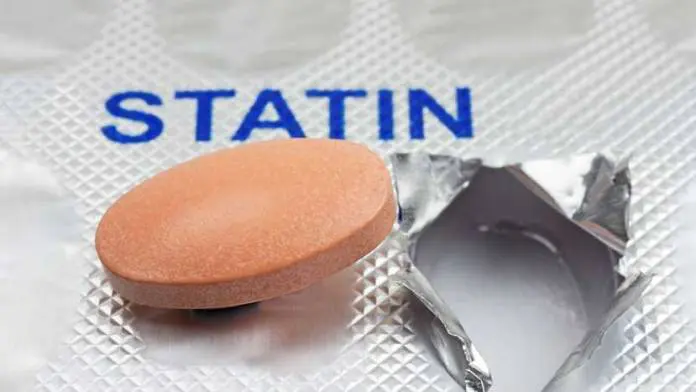
A study published in the journal Neurology by researchers in Denmark revealed that statins lower risks of stroke from blood clots and bleeding in the brain. Blood clots and intracerebral hemorrhage (bleeding in the brain from a burst artery) are the major causes of stroke, but risk factors include smoking, alcohol, lack of exercise, and other unhealthy lifestyles.
The Centers for Disease Control and Prevention (CDC) stated that stroke is one of the major causes of death and disability in the United States. But statins, which are cheap and taken by millions of people around the world, can reduce the risks of stroke from a blood clot (ischemic stroke) and first stroke from intracerebral hemorrhage.
Statins typically lower cholesterol and reduce fat deposits in the arteries; it also prevents fat from accumulating in the artery to the point of causing a clot in the brain. A stroke caused by bleeding in the brain is more deadly than one caused by clotting in the brain. But statins seem to help in both cases.
The researchers recruited 88,000 people in Denmark for their study – the participants had no history of stroke, and they were above the age of 55. While the study progressed, 989 participants developed the first bleeding stroke in the lobe of the brain, and 1,175 developed bleeding in other parts of the brain. High blood pressure is the major cause of bleeding in the lobe part of the brain – called a non-lobar stroke.
“It’s reassuring news for people taking statins that these medications seem to reduce the risk of bleeding stroke as well as the risk of stroke from blood clots,” said study co-author Dr. David Gaist, a professor of the University of Southern Denmark in Odense.
A pharmaceutical company that manufactures drugs for stroke, Novo Nordisk, funded the Denmark research in part. Although Novo Nordisk was not involved in the research, the study team found that participants that took the statin for over five years had a 33% lower risk of bleeding stroke in the lobe and a 38% lower risk in the non-lobe portion of the brain.
Health analysts said the study came with certain limitations. It did not factor in underlying conditions that can cause stroke and lifestyle factors that can raise its risks. It also needs to determine if the same results would be obtained among participants that are not Europeans. Another study sponsored by the US National Institutes of Health (NIH) is currently trying to determine if statins should continuously be used or stopped by people hospitalized for stroke.
“Studies like this latest one sort of put the nail in the coffin because they’re larger, and they’re so comprehensive and population-based,” said Dr. Pooja Khatri, a professor and division chief of neurology and rehabilitation medicine at the University of Cincinnati College of Medicine. “This study tells me that if a patient has never had a stroke, and they have indications, a statin is definitely a good idea. It makes us think that we are right to be certain that, overall, patients are better off on statins.”











